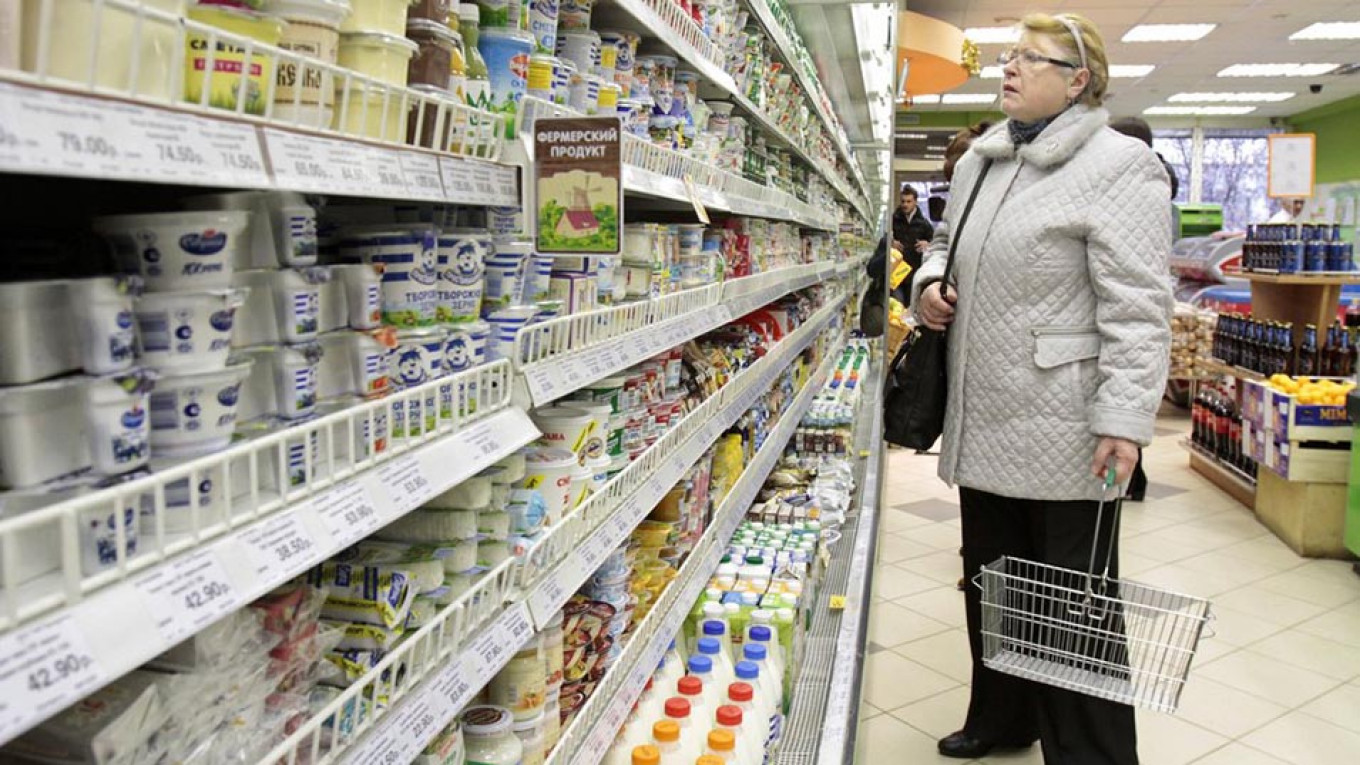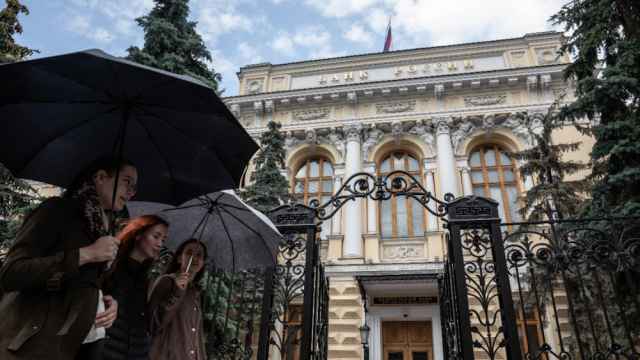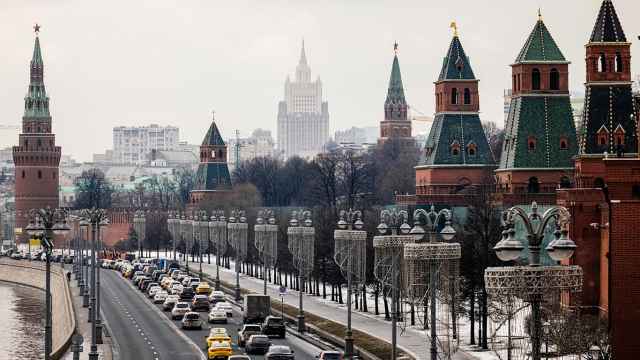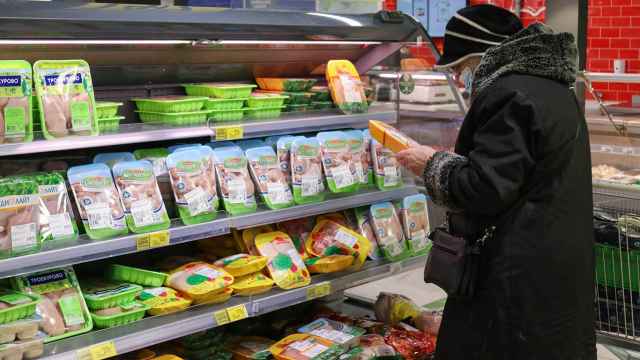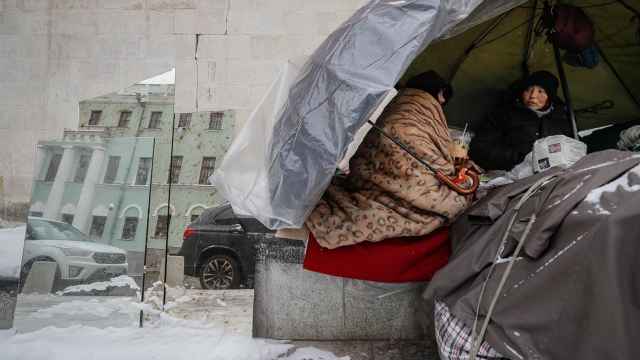Living standards in Russia rose at their fastest rate in six years in 2019, fresh data has shown.
Real disposable incomes grew by 0.8% last year — the first significant increase since falling oil prices and sanctions pushed Russia into economic crisis in 2014 — Russia’s statistics agency Rosstat said Tuesday.
Economists pointed to low inflation, which dropped from 5% to 3% over 2019, as the reason for the pick-up. However, despite almost half the fall in inflation coming in the final three months of the year, Rosstat found the pace of income growth actually dropped sharply over the same period, sliding to an annual rate of 1.1%, from a robust 3.1% recorded in the third quarter.
The uptick for the full year compares to a negligible 0.1% increase recorded in 2018, which came on the back of four consecutive years of falling disposable incomes. Russia’s economic development ministry had previously forecast another increase of only 0.1% in 2019. Despite beating expectations, real disposable incomes are still 7.5% lower than they were in 2013, Loko Invest’s Kirill Tremasov highlighted.
Real disposable income is one of the most watched metrics as to the financial health of the Russian population. By stripping out the effects of inflation as well as mandatory payments such as taxes and loan instalments, it gives an idea of where overall Russian living standards are.
After years of focusing on macroeconomic stability, the new Russian government has made increasing living standards its main priority, and President Vladimir Putin recently announced an increase in welfare payments and state spending ahead of what analysts see as crucial parliamentary elections next year.
Earlier this month, the state-run polling company, the Foundation of Public Opinion (FOM), found 23% of Russians expect their financial situation to improve over the next 12 months, the highest proportion since May 2018.
A Message from The Moscow Times:
Dear readers,
We are facing unprecedented challenges. Russia's Prosecutor General's Office has designated The Moscow Times as an "undesirable" organization, criminalizing our work and putting our staff at risk of prosecution. This follows our earlier unjust labeling as a "foreign agent."
These actions are direct attempts to silence independent journalism in Russia. The authorities claim our work "discredits the decisions of the Russian leadership." We see things differently: we strive to provide accurate, unbiased reporting on Russia.
We, the journalists of The Moscow Times, refuse to be silenced. But to continue our work, we need your help.
Your support, no matter how small, makes a world of difference. If you can, please support us monthly starting from just $2. It's quick to set up, and every contribution makes a significant impact.
By supporting The Moscow Times, you're defending open, independent journalism in the face of repression. Thank you for standing with us.
Remind me later.


